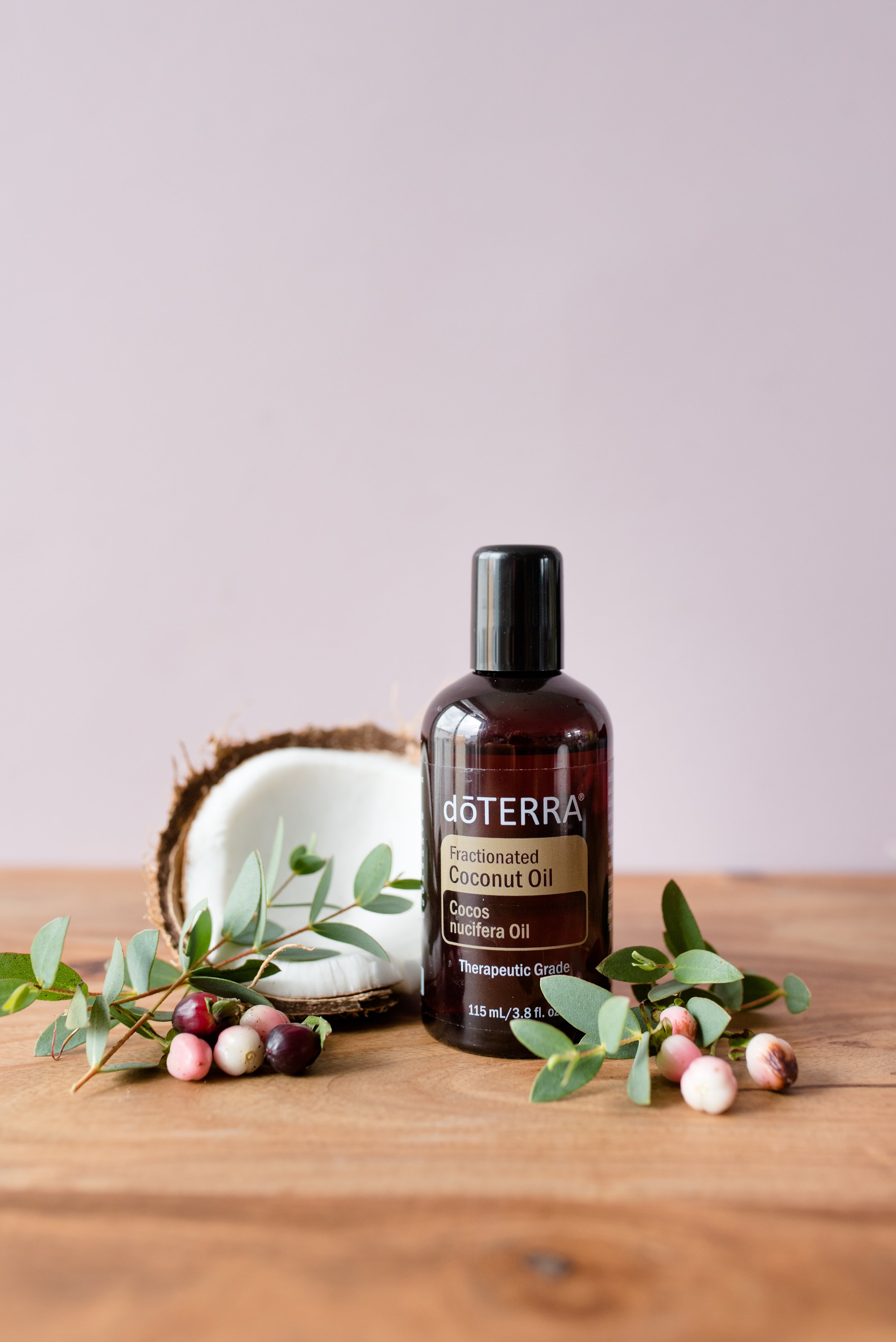Did You Say Rosemary?
Rosemary is a versatile herb commonly used in cooking to add flavor and aroma to a wide range of dishes. Rosemary leaves are often used as a dried herb or fresh sprigs to season various dishes. Rosemary pairs well with meats like lamb, chicken, and pork, as well as roasted vegetables.Rosemary sprigs are frequently used when roasting meats or vegetables.
The sprigs are placed on or under the food during cooking, imparting their flavor and aroma. This method is especially popular for roasting potatoes, carrots, and other root vegetables.
Rosemary can be added to bread dough or incorporated into savory baked goods like biscuits, focaccia, and savory scones. Chopped rosemary leaves are mixed into the dough or sprinkled on top before baking, providing a fragrant and flavorful element.
Beyond its use as a fresh herb are rosemary’s many benefits when used as an essential oil.
For today’s journal entry, I’d like to share my love of Rosemary Essential Oil. It’s one of my “go to” essential oils. Here’s why!
Rosemary is an incredibly versatile essential oil with a wide range of benefits for both the mind and body. Extracted from the aromatic herb, rosemary, this oil has been used for centuries in traditional medicine and aromatherapy. Rosemary essential oil is typically extracted through a process called steam distillation. The rosemary plant is harvested when it reaches its peak oil content, usually during the flowering stage. This is when the plant's essential oil concentration is highest. After harvesting, the rosemary leaves and flowering tops are dried to reduce moisture content. The dried rosemary plant material is then subjected to steam distillation. In this process, steam is passed through the plant material, causing the essential oil to vaporize. The steam and essential oil mixture then passes into a condensation chamber.
The aroma of rosemary is distinctive and often described as fresh, herbaceous, and slightly woody. It has a pleasant, invigorating scent that is reminiscent of the herb itself. The aroma can be quite strong and stimulating, with hints of pine and camphor. Many people find the scent of rosemary to be uplifting and energizing.
The aroma of rosemary essential oil is commonly used in aromatherapy to promote mental clarity, focus, and relaxation. Inhaling the fragrance of rosemary oil may help improve concentration, memory, and overall cognitive function. It is often used in diffusers, massage oils, and personal care products.
Rosemary essential oil offers several potential benefits for health and well-being. However, internal use of rosemary essential oil is not recommended. Be sure to dilute rosemary essential oil - 10 drops of oil in 1 ounce of carrier oil, such as olive, jojoba, almond, apricot, or doTERRA fractionated coconut oil when using it topically.
Here are some of the commonly reported benefits:
Improved cognitive function: Rosemary essential oil is often associated with improved memory, concentration, and mental clarity. Inhaling the aroma of rosemary oil may stimulate the brain and enhance cognitive performance.
Stress relief: The fragrance of rosemary essential oil is believed to have a calming effect on the mind and body. It may help reduce stress, anxiety, and promote relaxation. It is often used in aromatherapy for its soothing properties.
Respiratory support: Rosemary oil has expectorant properties that can help clear congestion and promote healthy respiratory function. It may be useful for relieving symptoms of colds, coughs, and respiratory infections.
Pain relief: Topical application of rosemary oil has been used for its analgesic properties. It may help alleviate muscle and joint pain, headaches, and even menstrual cramps when applied to the affected area.
Hair and scalp health: Rosemary oil is often used in hair care products due to its potential to stimulate hair growth, prevent dandruff, and improve overall scalp health. It may also help strengthen hair follicles and promote a healthier, shinier appearance.
doTERRA Fractionated Oil
Rosemary Spearmint Soap
If you've never made your own soap before, you would probably be surprised by how easy it can be. Adding essential oils to homemade soap is a wonderful way to infuse potent, natural fragrances. Not to mention, it allows you to experience any benefits the oils may hold for the skin. The step-by-step instructions for this DIY Rosemary Spearmint Soap are easy to follow, with an end product that smells lovely and refreshing.
Items Needed
Olive oil melt-and-pour soap base
Silicone mold
15 drops Spearmint oil
15 drops Rosemary oil
Optional: Dried herbs
Disclaimer: Although these images show fresh herbs in the soap, we highly recommend only using dried herbs. The fresh herbs (although beautiful) turn the soap brown after a few days.
Instructions
Cut off the amount of soap base you want to use and place it into a microwave safe bowl.
Melt the soap into liquid form in increments of 30 seconds.
Add a handful of dried herbs to the soap mold.
Add Spearmint and Rosemary essential oils.
Mix together and pour into molds.
Let it sit for an hour.
Remove the soap from the mold.
Note: The soap should be good for a few months.
source: https://www.doterra.com/US/en/blog/recipe-rosemary-spearmint-soap




